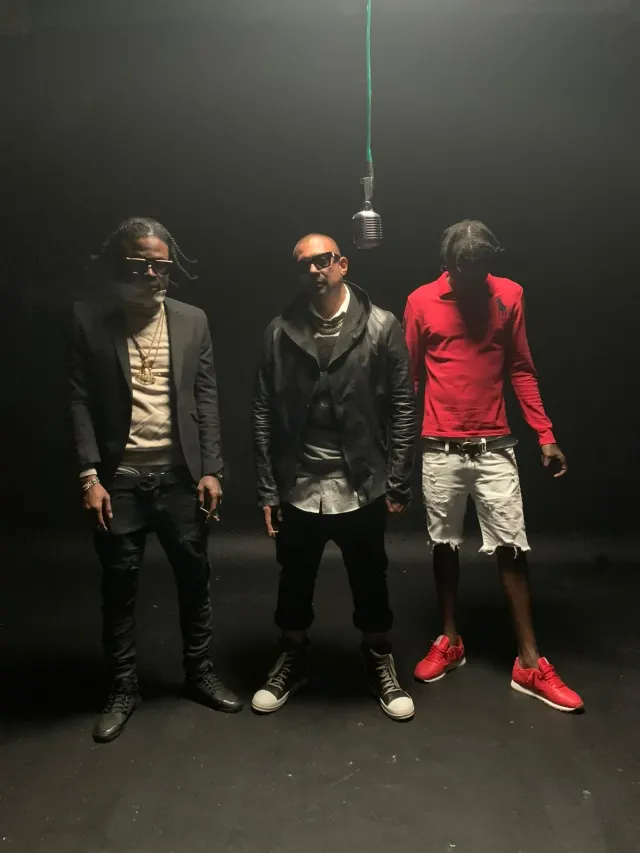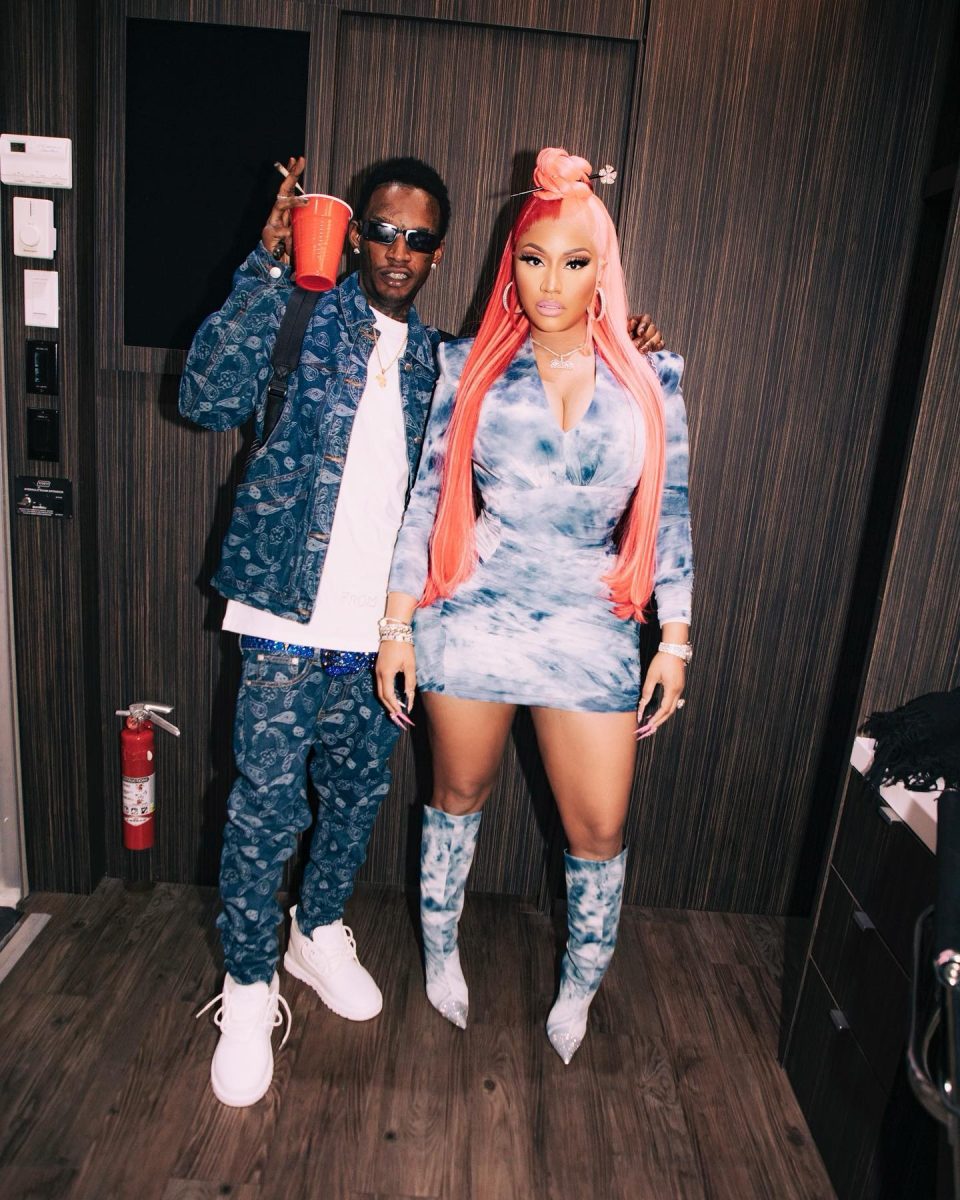Dancehall superstar Sean Paul has his eye on the future of the genre, and in a recent Billboard interview, he revealed who he believes is leading the pack and charting the way forward.
“Definitely Masicka,” the Grammy Award winner declared.
“I’ve been supporting his career for a long time. He just reminds me of freshness. Every time that you hear a song from him, you could tell that he really put a lot into the wordplay, that’s very commendable as a younger artist.”
Masicka rose to prominence in the 2010s with songs like They Don’t Know, Stay Strong, and Top Form. He’s since released two critically acclaimed albums, 438 (Genasyde, 2021) and Generation Of Kings (Def Jam, 2023), which both peaked at No. 2 on the Billboard Reggae Albums chart.
Sean collaborated with Masicka on the song Everest, which also featured Skillibeng, and appeared on his seventh studio album Live N Livin (2021).
While Masicka got Sean Paul’s top billing, he also shouted out Skillibeng for making waves and Skeng for his “awesome” voice, though he wished to hear more thematic variety from the Protocol artist. “I would like to hear some different topics from [Skeng], but still love the voice, love the vibe, it’s the right energy,” Paul said.
The Gimme The Light deejay likened the raw energy of these artists to the early days of Rock and roll, admiring their unpolished style. “I know I wasn’t around when rock’ n’roll started, but the raw energy that I feel when I listened to the early rock’ n’roll—Chuck Berry and all of that—it’s the same feeling I get [with these younger dancehall artists]. It’s not overproduced at all. Big up to the younger dancehall artists. Skillibeng doing his thing.”
He added: “Big up to Popcaan, he’s a little older generation than them, but [he’s] somebody who still is making music that is making an impact here for me.”
The interview also delved into Sean Paul’s recipe for longevity in the music industry.
The key, according to him, is a strong work ethic and staying connected to both the genre and the fans. “I just feel what my crowd needs from me. I feel what works and what doesn’t,” he said. “I don’t produce a hit song every day! For every one song you hear, I may have 25 songs that you will never hear. It’s about the work ethic, keeping your ears to the ground where the genre is concerned, but also keeping in tune with your crowd.”
He added: “A lot of ladies gave me the ideas to be like, ‘Yo, they like hearing this from me!’ It’s a lot of gangsterism in music and hardcore stuff. While I don’t think I’m a soft artist, I do think that I give some form of romance to the ladies, and some form of closeness that you know that that they need from the music.”
“You may be an artist that doesn’t connect in that way. I’m not saying everybody has to do that type of music, but connect to whatever it is from you that people are connecting with. Pay attention to that.”
The conversation shifted to the importance of mentorship in Dancehall, with Paul describing how he’s helped guide artists like Chi Ching Ching and Quan-Dajai Henriques, who played young Bob Marley in the Bob Marley: One Love film.
“I produced their music right now,” Paul said. “I think it’s important because just by being in the studio one day and telling them a story about something I’ve seen in the business or some crazy stuff that happened behind the scenes with the red tape, the lawyers and other producers — they learn from me.”
He explained: “It’s important because it’s a slippery slope that we have as an artist. We create, we sit in the in the in the studio — we’re away from real life, but we’re talking about real life. It can be a very hard road, at times, for people, especially if you’re not being heard. To have someone to help you navigate through those times is an important thing. I feel that I’ve been helping to do that with quite a few artists.”

 7 months ago
104
7 months ago
104


 English (US) ·
English (US) ·